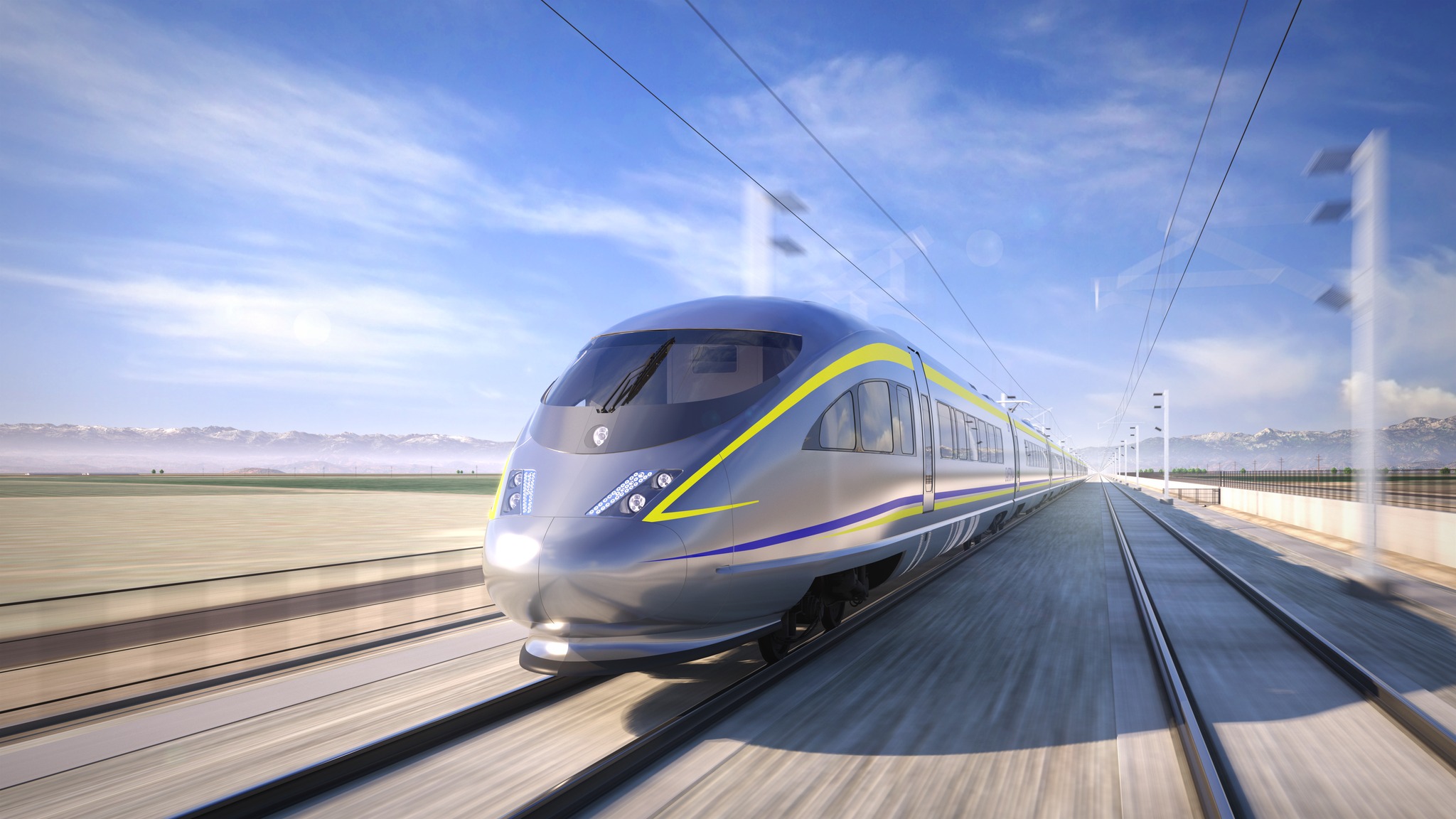The Federal Railroad Administration (FRA) has initiated a review of the California High-Speed Rail Authority (CHSRA) to assess whether approximately USD 4 billion in federal funding should remain allocated to the project. The review will focus on the proposed high-speed rail segment in California’s Central Valley, connecting Merced and Bakersfield.
Initially, the entire high-speed rail project from San Francisco to Los Angeles was expected to be completed by 2020 at a cost of USD 33 billion. However, current estimates place the cost of the Merced-to-Bakersfield section alone above the original total. The full project is now projected to cost between USD 89 billion and USD 128 billion—more than three times the initial estimate.
“For too long, taxpayers have subsidized the massively over-budget and delayed California High-Speed Rail project,” said U.S. Transportation Secretary Sean P. Duffy. “President Trump is right that this project is in dire need of an investigation. That is why I am directing my staff to review and determine whether the CHSRA has followed through on the commitments it made to receive billions of dollars in federal funding. If not, I will have to consider whether that money could be given to deserving infrastructure projects elsewhere in the United States.”
A report from the CHSRA Office of the Inspector General highlighted a funding gap of at least USD 6.5 billion for the Merced-to-Bakersfield segment, even after factoring in over USD 4 billion in federal grants promised by the Biden administration. The CHSRA Inspector General also raised concerns about the project’s viability, noting that projected annual ridership for the segment is just 2 million due to its limited connection to major urban centres. Additionally, the segment is unlikely to be completed before 2033.
The CHSRA Peer Review Group, responsible for evaluating the project’s funding plans, reported in March 2023 that the San Francisco-to-Los Angeles corridor faced an “unfunded gap of USD 92.6 billion to USD 103.1 billion between estimated costs and known State and Federal funding.” The FRA review will examine delays, cost overruns, and compliance with grant agreements.
The slow progress of the California project contrasts with Brightline West, a privately funded high-speed rail system currently under construction. Brightline West is on track to begin service between the Los Angeles region and Las Vegas in 2028, highlighting differences in execution and financial planning between the two projects.
At Secretary Duffy’s direction, the FRA’s review will specifically evaluate CHSRA’s compliance with FRA-administered grant agreements to determine whether the authority has met its financial and performance obligations.
California High-Speed Rail Authority’s Response
The CHSRA has defended its financial transparency, stating that it has undergone multiple federal and state audits.
“We welcome this investigation and the opportunity to work with our federal partners,” the agency said. “Every dollar is accounted for.”
Despite securing environmental approvals for the full San Francisco-to-Orange County route, there is currently no timeline for its completion. The original 2008 ballot measure, which approved USD 10 billion in bonds for the project, envisioned a fully operational system by 2020 with an estimated cost of USD 40 billion. However, the latest projections show a much higher price tag and ongoing funding uncertainties.
The FRA review will play a crucial role in determining the future of federal support for the California High-Speed Rail project.
Share on:




